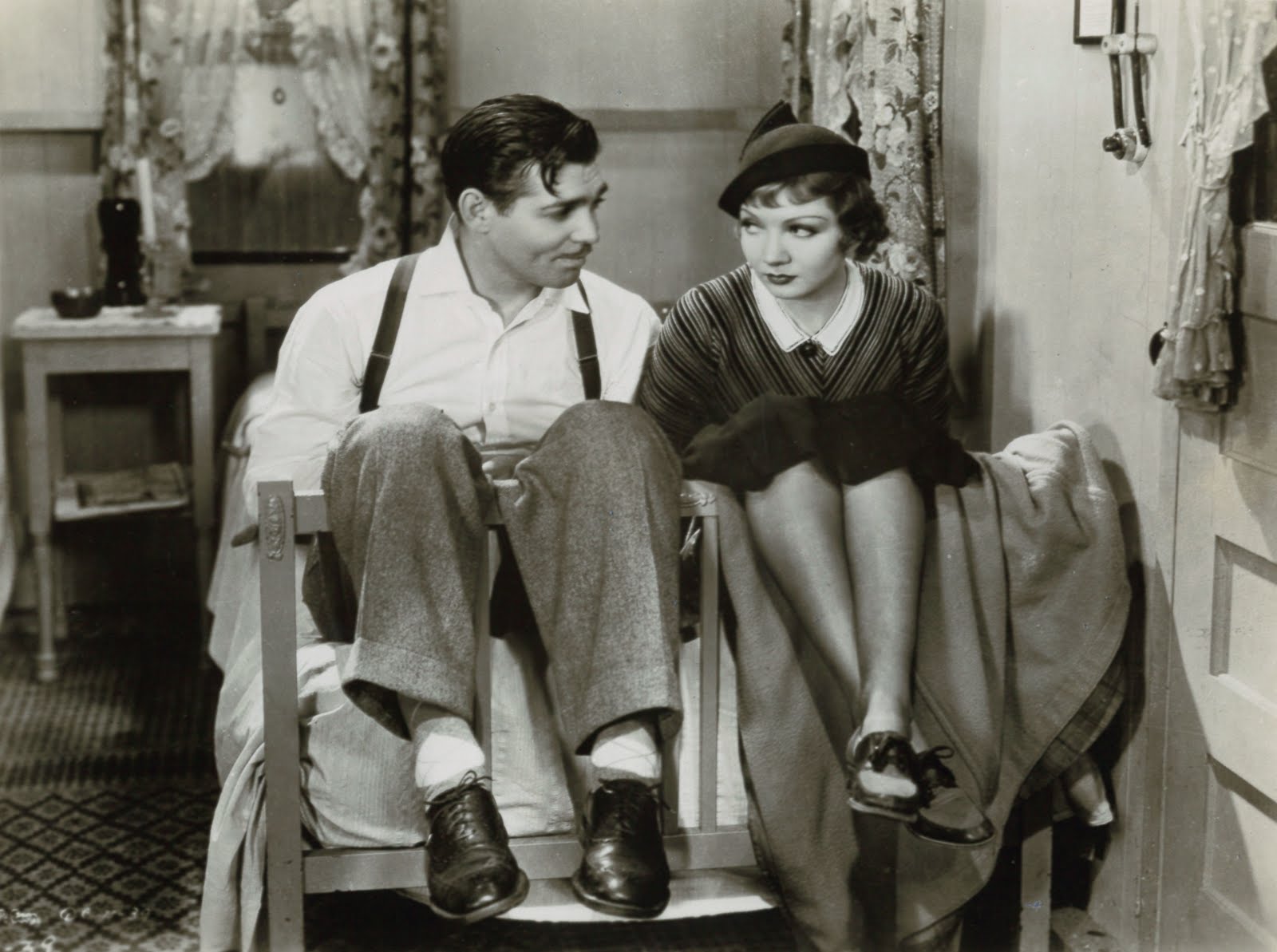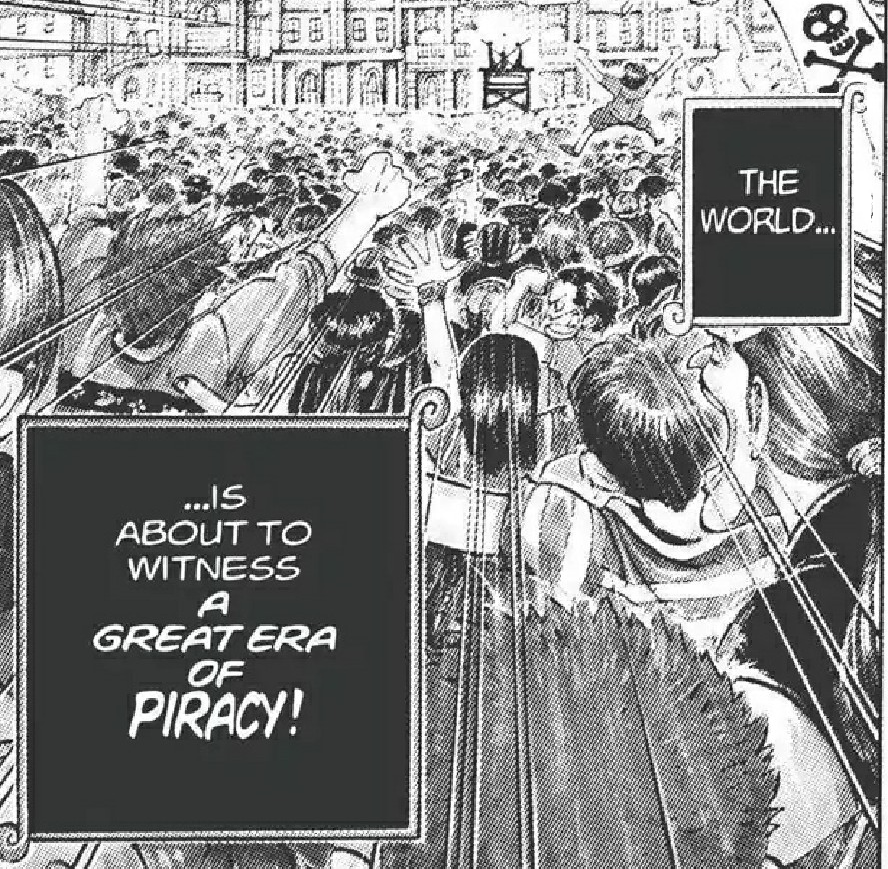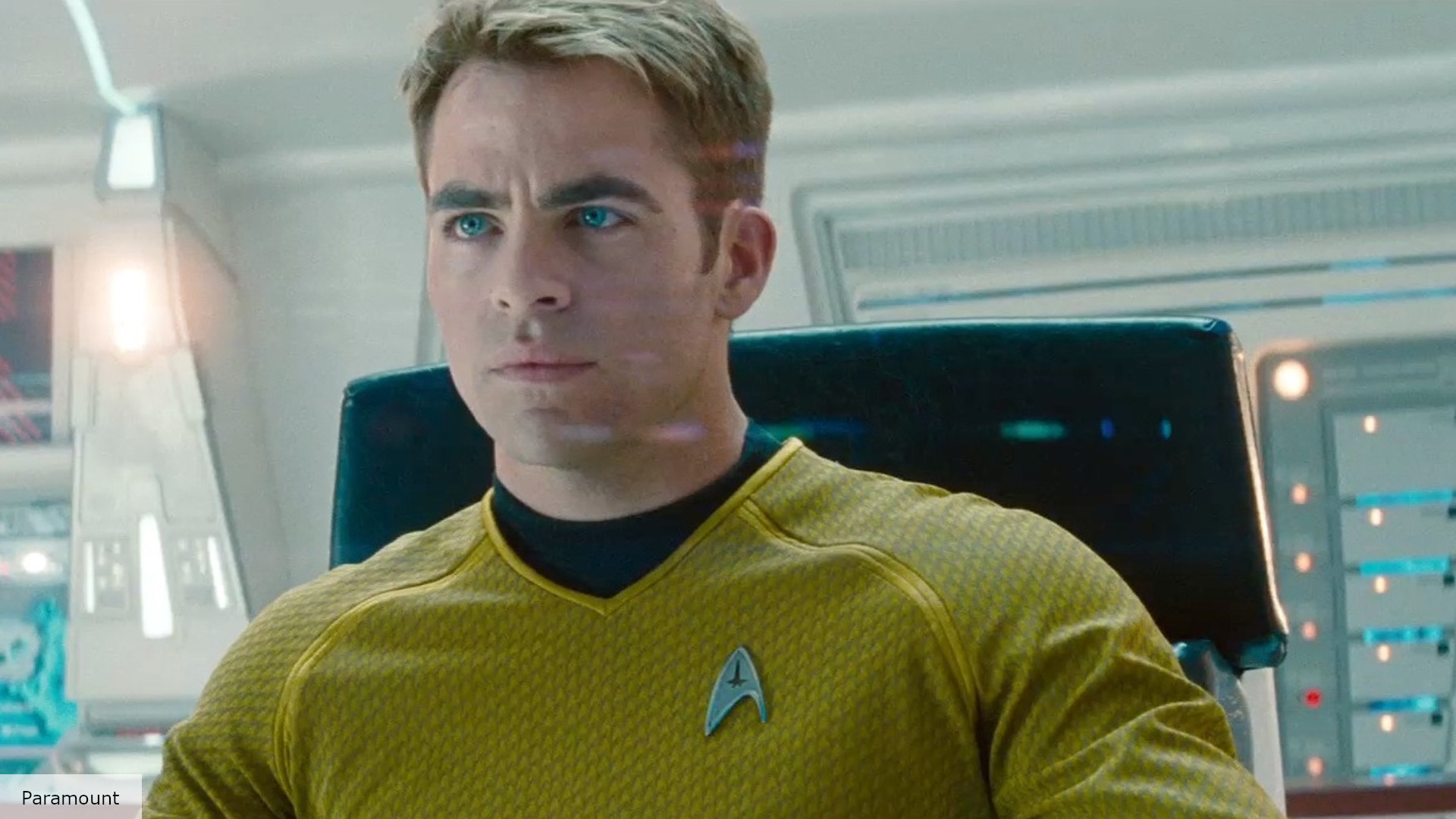Best Picture: It Happened One Night
The Other Nominees: The Barretts of Wimpole Street; Vila Villa!; The Thin Man; Here Comes the Navy; Flirtation Walk; The House of Rothschild; The Gay Divorcee; Cleopatra; One Night of Love; Imitation of Life; The White Parade
Heading into 1934, the Academy made a change. It would no longer award Best Picture based on what was commonly known as the moviegoing “season” (from September to May), but rather based on the year itself. It was a smart move, even if the Academy did go hog wild with it, nominating a ludicrous twelve movies for its top honor. It makes sense, then, that in the year the Academy switched to a more sensible nomination process, it also awarded Best Picture to the first truly good movie to win it: It Happened One Night. (The previous six winners are all more or less skippable, save for maybe All Quiet on the Western Front.)
It’s easy to see why One Night took home the Oscar. In a lot of ways, this is everything that Grand Hotel thought it was: light and frothy, but buoyed to near-greatness by the strength and chemistry of its two lead actors. It didn’t hurt that the director was none other than Frank Capra, who more or less owned the 1930s. In ten short years, he won Best Director three times, and four of his films were nominated for Best Picture (this, Lady For a Day, Mr. Deeds Goes to Town, and You Can’t Take it With You). It Happened One Night is nearly a perfect convergence of popularity and talent.
We first meet Ellie Andrews (Claudette Colbert) as she’s confined to a yacht. Her father, Alexander (Walter Connolly), objects to her marriage to an adventurer named King Westley (Jameson Thomas), and plans to keep Ellie on board until he can get it annulled. Within minutes, Ellie has jumped overboard and swam to shore. It’s an economical introduction of character and plot, and through Capra’s deft direction (he won his first Oscar for his work here) we get a great sense of stakes.
Yet, as a capable as Colbert is, something feels missing. We find out what in short order: Peter Warne (Clark Gable), a drunk, disgraced reporter. His colleagues crowd around a phone booth to listen to him dress down his editor, and Gable’s dialogue is so pleasingly absurd and obfuscatory that it wouldn’t feel out of place in a W.C. Fields movie (“That was free verse, you gas-house palooka!” he barks, in my favorite line of the film). Later, Peter throws a pile of newspapers out of a bus window to make room for himself. The porter doesn’t like this, but can only muster up “Oh yeah?” as a retort. “That’s a pretty good answer,” Peter tells him. “I wish I’d thought of it; our conversation would have been over ages ago.”
One Night wastes no times in getting its leads together. Ellie steals Peter’s seat, and he forces himself in beside her, reasoning that the seats are built for two passengers. What follows is what you’d expect from a ’30s screwball comedy: contentious, rat-a-tat dialogue meant to mask growing affection. As one of the earliest examples of the genre, It Happened One Night helped write the rulebook. The film is mostly a road trip movie, as Peter promises Ellie he’ll help get her back to New York on a bus if she gives him her exclusive story. It sometimes veers towards the madcap (Peter steals a car without any real repercussions), but Gable and Colbert act as the movie’s anchors; even while the story flirts with the absurd, we don’t mind, because we want so badly for them to get together.
The strength of the film is in its scenes. Capra understood the ebb and flow of storytelling almost innately, and here he knows when to slow things down. Peter and Ellie have to spend the night in a motel, and Peter hangs a curtain between their beds. “Behold, the walls of Jericho,” he quips, and this small act of chivalry (he says the curtain is for his privacy, not wanting to embarrass her) affords him depth. But what’s stunning about this sequence, and others in the film, is just how effortlessly sexy it is. When Peter gets undressed, the lights are on; when Ellie does the same, the room is dark, and all we see are flashes of her slip, or a bare shoulder. All non-diegetic sound has been removed from the scene, and Capra allows Peter and Ellie to just exist in the room. There’s an enormous amount of sexual tension between Gable and Colbert, both of whom know how to flirt in a censor-approved fashion (especially Colbert, with her expressive, nearly architectural eyebrows).
One Night‘s most famous scene holds up wonderfully. Peter tries to teach Ellie how to hitchhike, and as he displays his thumb in a variety of positions, about a dozen cars pass without stopping, in an early display of the Rake Effect. Ellie saunters into the street and hikes up her skirt; a passing motorist slams on his brakes. It was powerful in the 1930s, and it’s powerful today, as it shows a quick inversion of power dynamics, and puts the two on the same level.
To be fair, some of the film’s gender politics don’t hold up very well today – for instance, Peter takes control of Ellie’s money, and tells her to shut up (Ellie, for her part, is smart, but a flibbertigibbet when the film needs her to be). But it manages to not look ugly or dated, because Gable doesn’t deliver his lines with any hint of malice. Peter calls Ellie a brat, and gradually “brat” becomes her nickname. By the end of the film it sounds endearing.
There’s a bit of a third-act lull, which comes when Peter and Ellie are separated. Gable and Colbert are so entrancing together, and their banter so watchable, that the film suffers when they’re apart. We care far less about Alexander and King’s machinations to get her back to New York. To the film’s credit, though, Connolly brings surprising nuance and dimensionality to his role. When he realizes that Peter is in love with Ellie, and she with him, he vows to “move heaven and earth” to bring them together. He presses Peter, asking him over and over if he’s in love with Ellie, until Peter finally snaps: “Yes! But don’t hold that against me, I’m a little screwy in the head myself!”
It Happened One Night is a rarity among romantic comedies. We know that the two leads will end up together, but more than that, we want them to. It feels preordained, and it is, but who cares? The film doesn’t want you to take it that seriously; it just wants to entertain. Capra’s film is 105 minutes of two people talking, and if you’re going to watch that, you could do a lot worse than Clark Gable and Claudette Colbert.
Previously: Cavalcade
Next Up: Mutiny on the Bounty







[…] Previously: It Happened One Night […]